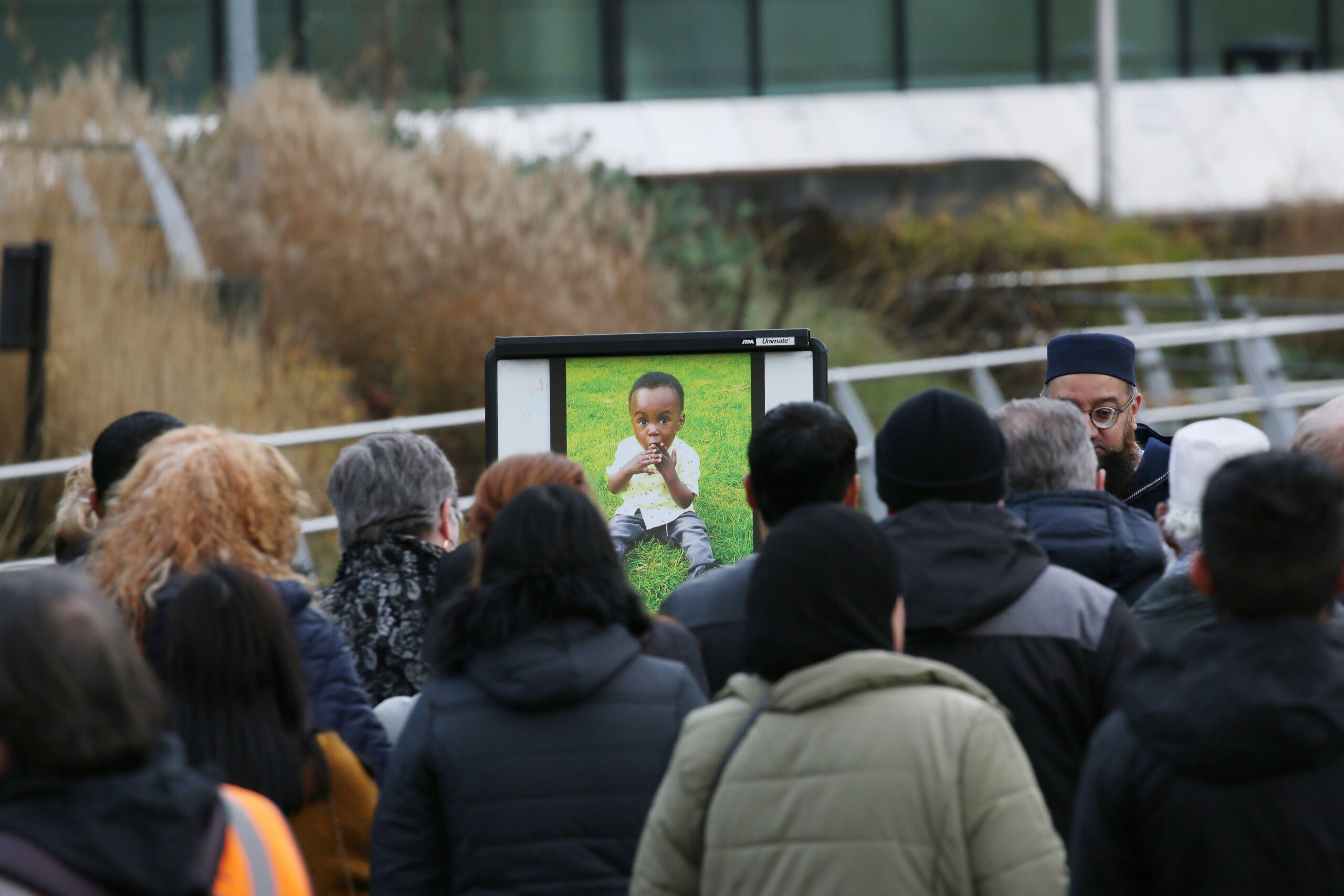A new law which will require landlords to respond to mould and damp complaints in rental properties within 24 hours, will come into force in October 2025.
As part of the Renters’ Rights Bill, the inaction of landlords and delays which cause ’emergency hazards’ to tenants will be scrutinised under Awaab’s Law.
Mould and damp, which are particularly rampant in modern social housing, can lead to mental and physical health problems and affect almost a million homes in the UK.
What is Awaab’s Law?
Awaab’s Law is the most significant reform in social housing regulations in a decade and is aimed at improving the safety and quality of housing for tenants by scrutinising the time frame in which landlords and housing providers must investigate and address issues with properties.
The new legislation defines hazards as “those that pose a significant risk to the health or safety of the actual resident of the dwelling”, including but not limited to damp and mould, excesses of temperature, asbestos, noise, overcrowding and fall-risks.
Amending the previous legislation, the Landlord and Tenant Act 1985, the law also states landlords must repair emergency hazards within 24 hours.
They will also be forced to investigate the causes of damp and mould within 14 calendar days of a complaint being made and will be expected to begin work within seven days if a medical professional states there is a risk to the health of tenants/residents.
Who was Awaab Ishak?
Awaab Ishak was two-years-old when he passed away as a result of mould exposure in December 2020.
His family were renting the problematic property from Rochdale Boroughwide Housing but despite the family’s consistent reports of mould in their living conditions, the social housing provider repeatedly failed to act and even blamed them for causing the issues.
Following the coroner’s ruling on his death, Awaab’s law was introduced in the Social Housing Regulation Act 2023. The government’s new guidance also states that residents must not be blamed for the presence of mould in their homes, and landlords must identify and address underlying causes.
Support for the new regulation
Many tenancy organisations and residents have welcomed the regulation and protection of poor living conditions.
Nomad, a Sheffield based organisation which assists in housing those who need it the most, said: “Everyone has a right to live in safe homes and for too long we have seen some shocking examples of homes that are not safe, so we welcome Awaab’s Law. It’s a terrible shame that it took the death of a child for such legislation to be introduced.”
37% of tenants reliant on the Sheffield City Council housing service reported that they were unsatisfied with the service.
More than 1.5 million dependent children across England live in ‘non-decent’ housing, with one million in homes with at least one category one hazard and 790,000 in homes with damp.
Housing Minister, Matthew Pennycook, said: “Awaab Ishak’s family have tenaciously and courageously fought to secure justice, not only for their son but for all those who live in social housing.
“Awaab’s Law will help to drive a transformational and lasting change in the safety and quality of social housing, ensuring tenants are treated with fairness and respect.”
Deputy Prime Minister Angela Rayner called it a “moral duty to ensure tragedies like the death of Awaab Ishak never happen again”.
She added: “Landlords cannot be allowed to rent out dangerous homes and shamelessly put the lives of tenants at risk.”




